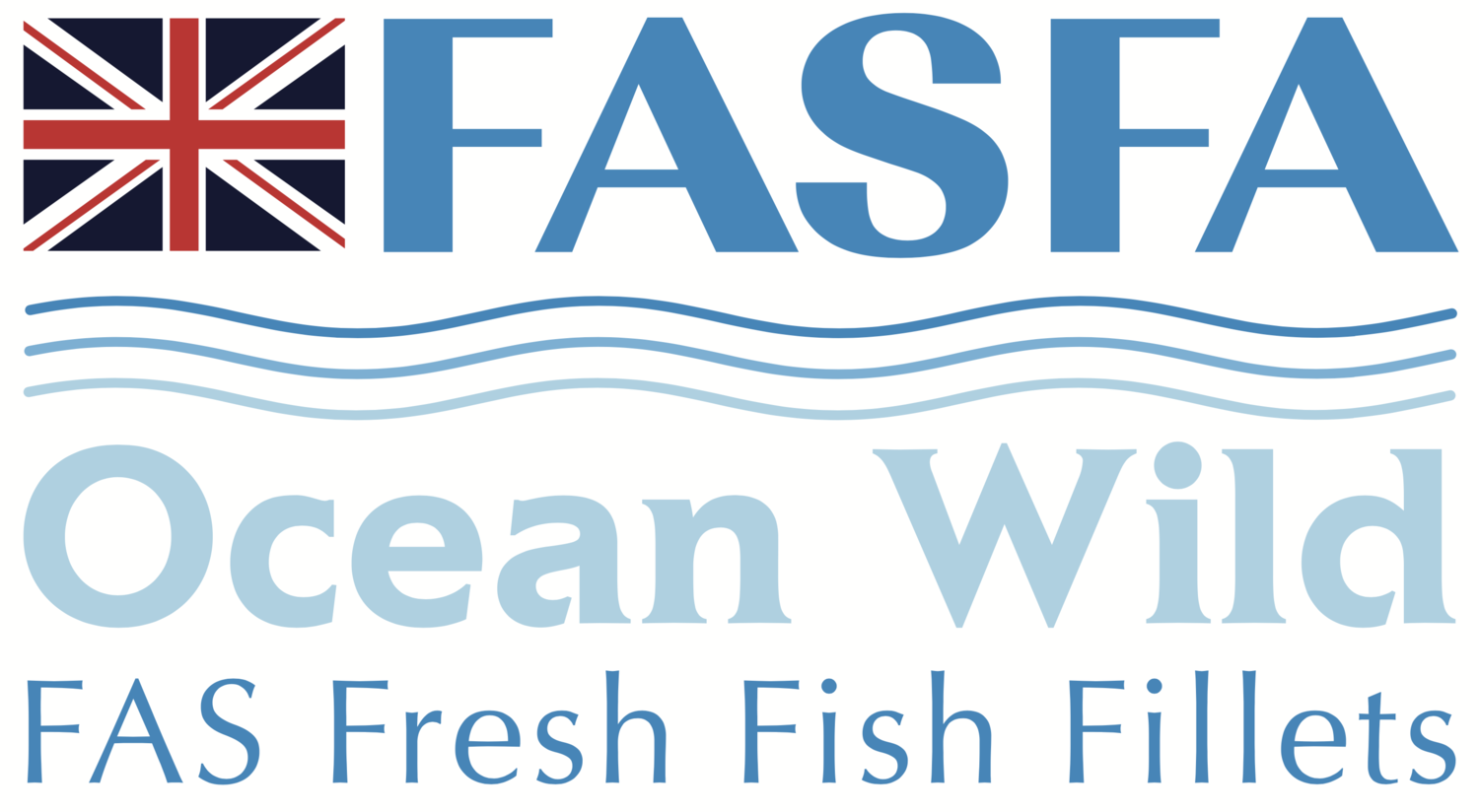Fasfa's response to David Attenborough's film, Ocean, where marine protection is at the heart of our fishing industry.
Frozen at Sea fish fillets are caught by state of the art modern vessels that invest in technology and innovation to ensure fishing gear protects and maintains the ocean floor. Frozen at Sea vessels do not fish in Marine Protected Areas (MPA), and it is in our interest to protect the marine environment and sustain the future of Cod and Haddock.
The recent David Attenborough film Ocean is misleading regarding fishing practices as a whole, and we encourage listeners to understand the evidence-based facts. The film makes some significant points about the need to protect the seas and fish stocks so that we can provide valuable protein to the increasing global population. The debate around marine protection is a vital one, but the facts and messages need to be accurate.
Frozen at Sea Fillets of cod and haddock are caught in the deep, cold, clear waters of the North Atlantic and Barents Sea. Stocks are closely managed and caught in line with scientific and legislation recommendations for sustainable sourcing. Selective gear technology and scientific and evidence-led fisheries management, which our Frozen at Sea fleet adheres to, are proof of the fishing industry’s commitment to continually improved sustainability. For example, dragging trawls were long replaced with rolling methods, and state of the art technology, large trawl mesh and sieves ensure only the species targeted are caught.
We also highlight the major International study of the impacts of trawling has found that seabeds are in good health where trawl fisheries are sustainably managed and contribute to the broader ecosystem. In 24 regions across the world, it was found that two-thirds of the seabed were not trawled at all, and 1.5% of the seabed was impacted by trawling. We should also note that other factors, such as renewable energy materials, were not taken into consideration in this study.
Wild-capture seafood production in general has a much lower carbon footprint than most land-based meat production, and some plant protein sources, including tofu, grains, and pulses. Frozen at Sea fillets continue to be caught in line with scientific and legislative recommendations, so you can be sure that your favourite Fish and Chip supper can be eaten with a clear conscience now and into the future.
The summary research can be found here World-Wide Trawling Study Advances Knowledge On Trawling’s Global Impact | The Skipper
